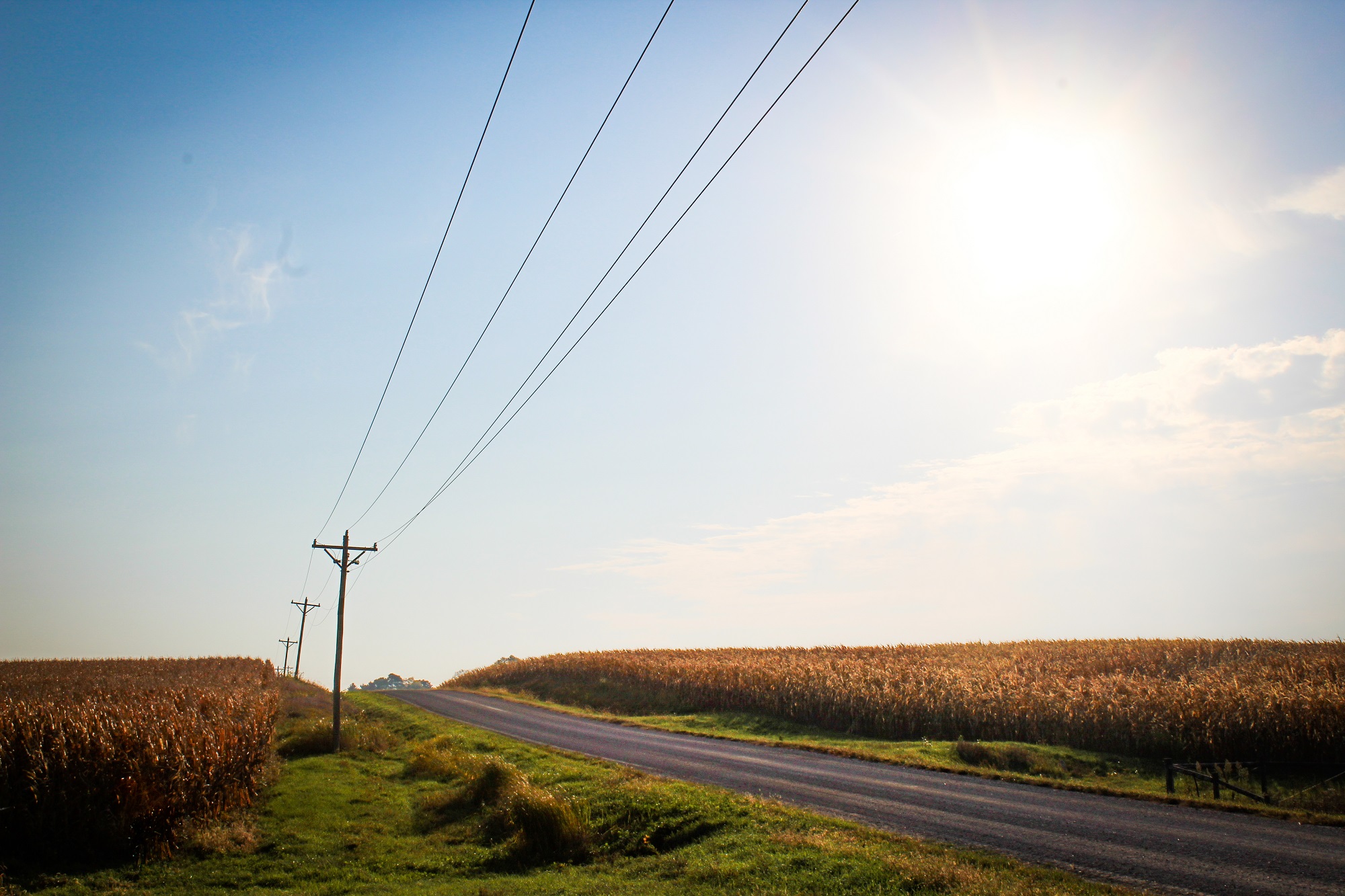During a storm, make sure you know how to keep safe when the power goes out.
Generator Safety
Portable or permanently installed standby generators can come in handy during long-term power outages. However, if you do not know how to use them properly, they can be dangerous. Contact a qualified vendor or electrician to help you determine what generator is best suited to your needs. Before using, be sure to read and follow manufacturer’s instructions.
If you are installing a permanent generator, it must have a transfer switch. The transfer switch prevents energy from leaving your generator and going back onto the utility electrical equipment when it could be dangerous to a lineman or others near downed power lines, a process known as “back feed.” A qualified electrician should install your generator and transfer switch.
Safe Electricity has the following tips to use portable generators safely:
- Operate it outdoors in an area with plenty of ventilation. Never run a generator in a home or garage. Generators give off deadly carbon monoxide.
- Do not plug a generator into the wall to avoid back feed. Use heavy-duty extension cords to connect appliances to the outlets on the generator itself.
- Turn the generator on before plugging appliances to it. Once the generator is running, turn your appliances and lights on one at a time to avoid overloading the unit. Remember, generators are for temporary usage, prioritize your needs.
- Generators pose electrical risks especially when operated in wet conditions. Use a generator only when necessary when the weather creates wet or moist conditions. Protect the generator by operating it under an open, canopy-like structure on a dry surface where water cannot form puddles or drain under it. Always ensure that your hands are dry before touching the generator.
- Be sure the generator is turned off and cool before fueling it.
- Keep children and pets away from portable generators at all times. Many generator components are hot enough to burn you during operation.
Safe Electricity suggests that these safety guidelines as well as basic operating instructions be posted in the home and with the generator.
In the Colder Months
- Report your outage by calling PCEA at 1-800-619-1040.
- Safety First:
- If you plan to use a generator, know how to operate it safely.
- Unplug all appliances and electronics so they won’t get damaged with power restoration.
- If power lines are on the ground, stay far away from them and warn others to stay away. Contact PCEA and let us know because the lines could still be live.
- Any power line that is dead could become energized at any moment due to power restoration or backup generators.
- Check on friends and relatives—especially children, seniors, and those with medical conditions or disabilities. These people may need to seek emergency cooling shelters.
- Keeping Warm:
- Stay inside, and dress warm. Staying warm is a priority. Dress in several layers of loose fitting, lightweight warm clothing. Wear hats, mittens and scarves.
- Close off unneeded rooms to keep the heat in your living areas.
- Place draft block at the bottom of doors to minimize cold drafts from entering the house.
- When using an alternative heat source, follow operating instructions, use fire safeguards, and be sure to properly ventilate. Always keep a multipurpose, dry-chemical fire extinguisher nearby, and know how to use it.
- Keep a close eye on the temperature in your home. Infants and people over the age of 65 are often more susceptible to the cold. You may want to stay with friends or relatives or go to a shelter if you cannot keep your home warm.
- Maintaining Food:
- Keep your refrigerator and freezer closed as much as possible to keep your food cold. If power is out longer than 4 hours, keep perishable items in a cooler with ice. Make ice outside. A full freezer can remain cold enough for 48 hours, and half a freezer full 24 hours.


In the Warmer Months
- Report your outage by calling PCEA at 1-800-619-1040.
- Safety First:
- If you plan to use a generator, know how to operate it safely.
- Unplug all appliances and electronics so they won’t get damaged with power restoration.
- If power lines are on the ground, stay far away from them and warn others to stay away. Contact PCEA and let us know because the lines could still be live.
- Any power line that is dead could become energized at any moment due to power restoration or backup generators.
- Check on friends and relatives—especially children, seniors, and those with medical conditions or disabilities. These people may need to seek emergency cooling shelters.
- Keep a first-aid kit in your home and one in your car. Make sure that it includes scissors, tweezers, safety pins, aspirin, eyewash and rubbing alcohol or hydrogen peroxide.
- Keeping Cool:
- If it's a hot time of year, dress in loose, lightweight clothing and stay on the coolest, lowest level of your home.
- Use natural ventilation to cool homes, and consider purchasing battery-powered fans.
- Drink plenty of water and avoid heavy meals, caffeinated drinks and alcohol.
- Close all drapes and blinds on the sunny side of your residence.
- Take your family and pets to a basement or other cool location if you have one. Also consider going to an air-conditioned public place during warmer daytime hours.
- Maintaining Food:
- Keep refrigerator or freezer doors closed. A freezer that is half full or full can keep foods frozen 24 to 48 hours. Foods can stay safe in an unopened refrigerator up to four hours. If an outage lasts longer than four hours, remove and pack meat, milk and other dairy products in a cooler with ice.
- Use safe alternative food preparations. A barbecue grill is an excellent way to prepare food. Always grill outside.
